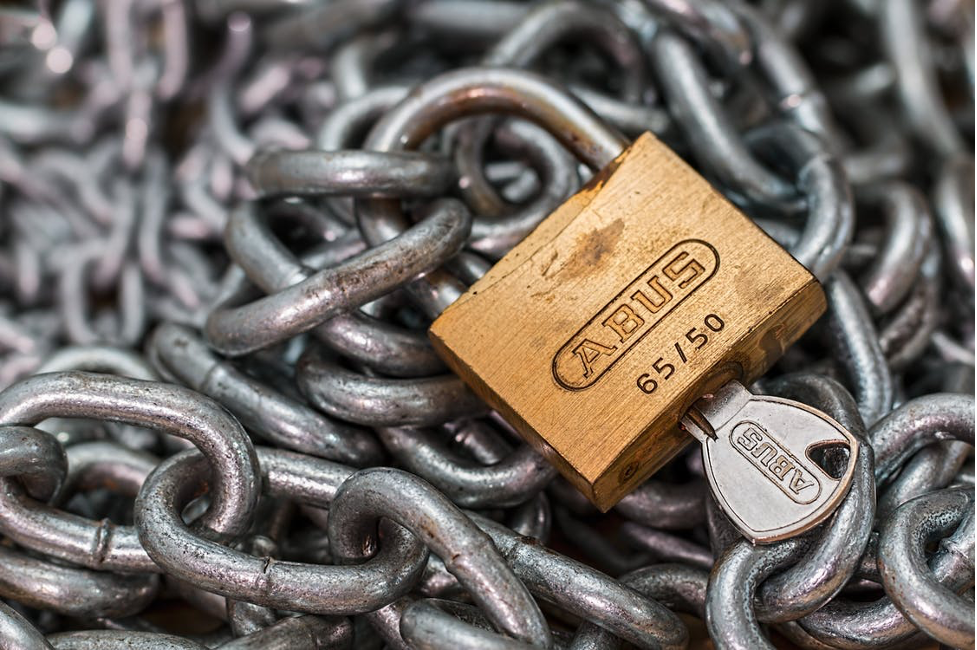Regardless of which niche or industry your business is related to, there are certain security standards your business website should meet. One of those standards is the SSL certificate, short for secure sockets layer. This certificate does not only ensure security for site visitors but it also boosts the company’s reputation and helps you get better SEO results.
What Is an SSL Certificate?
Most simply put, SSL are a protocol for web browsers and servers that makes data transfer safer by authenticating, encrypting, and decrypting the said data. In other words, the SSL certificate encrypts the communication between your site and the visitor’s browser. The whole process is based on cryptographic keys that lock and unlock sensitive information. That is why it is important to have an SSL certificate set up on crucial pages such as login or payment sections of the site.
Types of SSL Certificates
Here’s what you need to know about each type of SSL certificate before you dive into deeper research on this topic:
#1 Domain Validated SSL Certificates
We will start off with the cheapest option - the domain validated SSL certificates that show visitors that the site’s domain is properly registered and that the URL is in fact run by the site administrator. This helps visitors determine whether they’ve landed on the real site or a phishing copy. The certificate authority validates the domain through email, DNS, or HTTP. By obtaining a domain validated SSL certificate, you will prove that you fully own the website.
#2 Organization Validated SSL Certificates
The next level of certification is the organization validated SSL certificate. This certificate proves that you own the site domain, as well as verifies the fact that you also own an organization in a certain country or city. This SSL certificate requires a few extra steps during the validation, although it won’t take longer than several days to complete the process.
#3 Extended Validation SSL Certificates
The extended validation SSL certificate goes in-depth on proving your ownership of the company and it requires you to provide more detailed records. On top of domain and organization ownership, this certificate proves that you have legally registered a business tied to your website.
#4 Single-name and Wildcard SSL Certificates
Single-name and wildcard SSL certificates fall into the category of certificates that allow you to provide a list of additional subdomains. A single-name certificate protects one subdomain, as its name suggests. Wildcard certificates, on the other hand, secure a number of subdomains for one single domain. For example, if you purchase a certificate for www.shop.com, this SSL will secure example.shop.com as well.
#5 Multi-domain SSL Certificates
As the name suggests, multi-domain SSL certificates can secure several different domains. These certificates use SAN extension to secure multiple domains, which is why they’re often called SAN certificates as well. If you choose this option, which is also the most expensive choice you can make, you will be able to combine different hostnames without tying them to the same domain.
Why Should I Care
There is more to SSL certificates than just the security aspect. Of course, data encryption is the primary reason to get an SSL certificate because it will protect both your visitors and you as the owner of the site. However, an SSL certificate will do more than just provide additional security. Websites with these certificates rank higher on Google Search, which means installing an SSL could put you one step ahead of the competition. On top of that, visitors find SSL certified sites trustworthy, which will significantly boost your company’s reputation.



 714-333-9620
714-333-9620